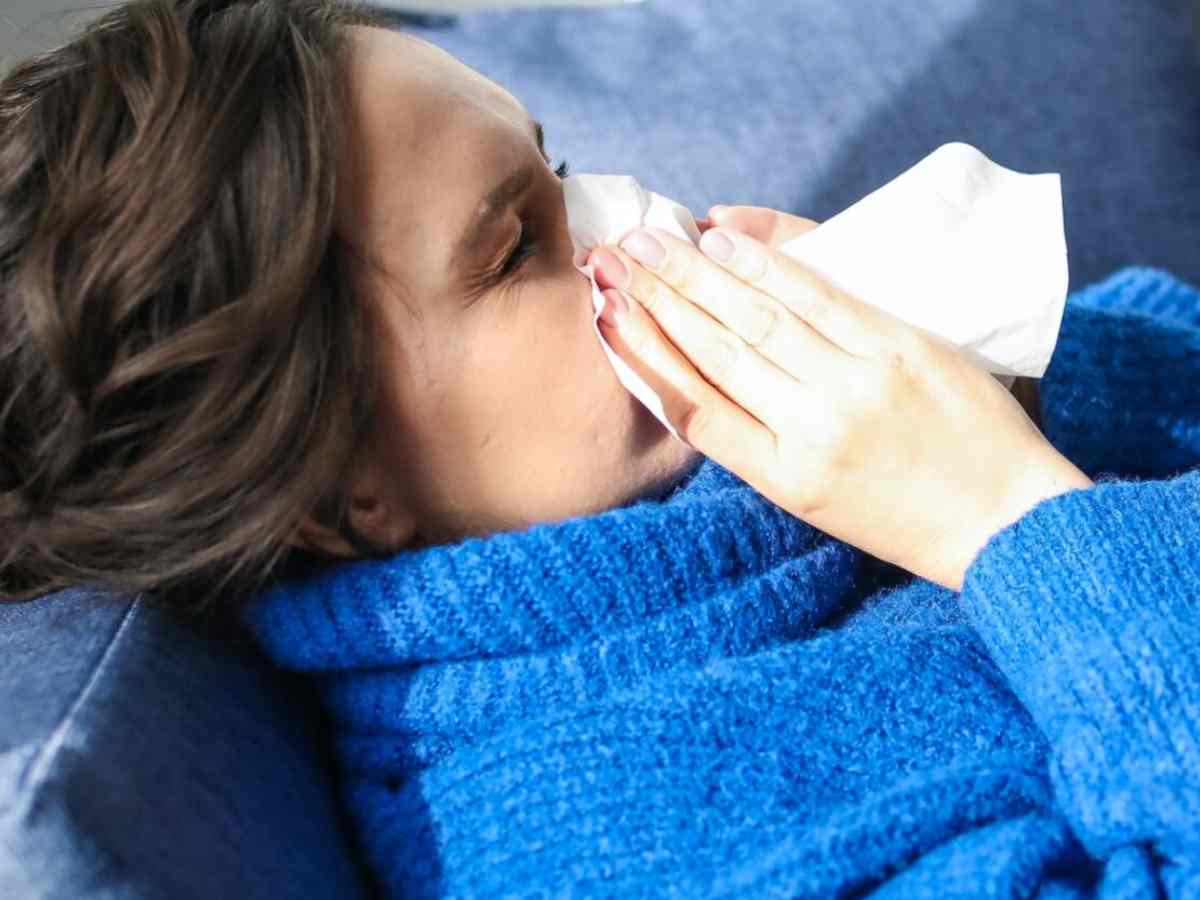
As the winter season sets in, the drop in temperatures, dry air, and reduced exposure to sunlight can take a toll on our health. From the common cold to more serious conditions like pneumonia, winter brings with it a range of diseases. However, with proper precautions, most of these conditions can be avoided or managed. Here’s a look at common winter diseases and the precautionary measures to keep you healthy this season.
The common cold is one of the most prevalent winter ailments. It is caused by various viruses and spreads easily in cold, dry weather. Symptoms include a runny nose, sore throat, cough, and sneezing.
Precautionary Measures:
Flu is another common illness during winter. It can be severe and cause symptoms like fever, chills, body aches, fatigue, and sore throat. It is highly contagious and spreads through droplets when an infected person coughs or sneezes.
Precautionary Measures:
Pneumonia is a lung infection often triggered by viruses or bacteria. It can develop after a cold or the flu and cause symptoms like cough, chest pain, and difficulty breathing. Older adults, children, and people with weak immune systems are at higher risk.
Precautionary Measures:
Cold air can worsen respiratory conditions such as asthma. Asthma attacks can be triggered by exposure to cold temperatures, causing shortness of breath, wheezing, and coughing.
Also read: 72-year-old woman survives rare black tumour after dual surgeries in Delhi hospital
Precautionary Measures:
Winter months, with shorter days and limited sunlight, can lead to Seasonal Affective Disorder (SAD). Symptoms include fatigue, low mood, irritability, and sleep disturbances. It is believed to be linked to changes in sunlight exposure, which can affect serotonin levels in the brain.
Precautionary Measures:
Exposure to extremely cold temperatures can lead to frostbite (damage to body tissues) and hypothermia (dangerously low body temperature). Both are serious conditions that can result in permanent damage if not treated promptly.
Precautionary Measures:
Cold, dry air can strip the skin of its natural moisture, leading to dry skin and exacerbating conditions like eczema. This results in itchy, cracked skin that can be uncomfortable and painful.
Precautionary Measures:
General Precautions for Winter Health
Stay Hydrated: Drink plenty of water, even in colder weather, as it helps maintain healthy skin and boosts your immune system.
Eat a Balanced Diet: Consume foods rich in vitamins and minerals, especially those that boost immunity like vitamin C-rich fruits and vegetables.
Exercise Regularly: Physical activity helps strengthen your immune system and improve circulation, which is crucial in cold weather.
Layer Your Clothing: Dressing in layers helps to trap heat and keep your body warm, reducing the risk of hypothermia and frostbite.
Limit Alcohol Consumption: While alcohol may make you feel warm, it can lower your body temperature and impair your ability to stay warm.
Conclusion
Winter is a wonderful season, but it also brings a range of health challenges. By taking preventive measures such as staying warm, maintaining good hygiene, and boosting your immune system, you can enjoy the colder months without falling victim to winter diseases. Remember, staying informed and prepared is the best way to ensure your health and well-being during the winter season.
Scheme aims to provide affordable meals to over 1 lakh people daily, with each canteen…
Featuring works by Krishen Khanna and Prabhakar Kolte, the exhibition explores Indian modernism through figurative…
Police are probing the stabbing death of a 36-year-old man found near Sanjay Lake in…
Court says custodial interrogation is necessary and warns contractors may influence witnesses or tamper with…
Hiral Singhal’s solo exhibition featuring 15 intuitive abstract paintings is on view at Osho Dham…
Delhi will see 50,000 locally grown tulips bloom this spring, aiming to cut import dependence…